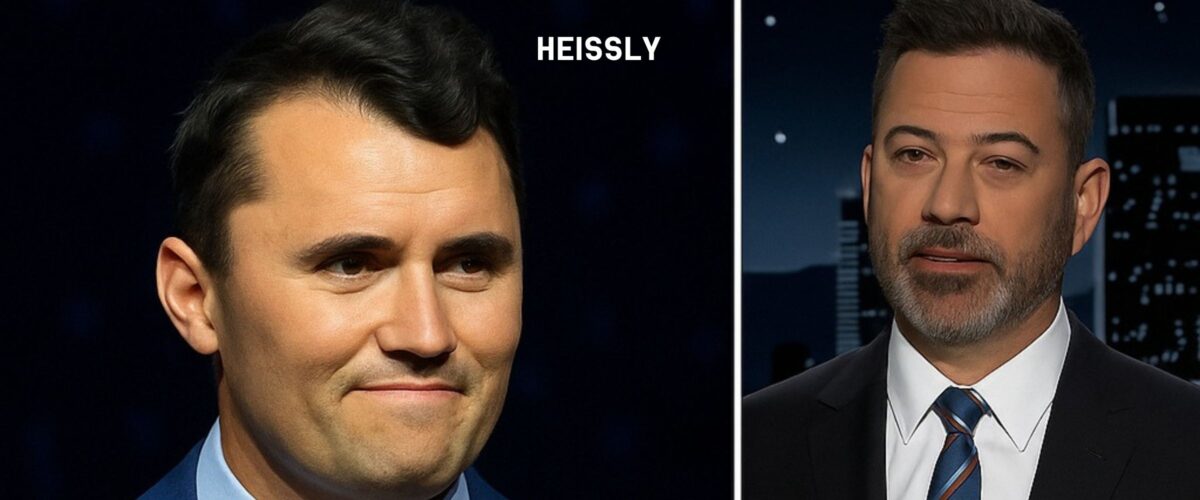“One Joke Too Many. One Voice Too Loud.” — Jimmy Kimmel Aimed at Charlie Kirk, But By the Time the Laughter Died, It Was His Own Career on the Chopping Block — And Now the Network Is Scrubbing the Tape Like It Never Existed
One Joke Too Many – Jimmy Kimmel, Charlie Kirk, and the Media Storm That Rewrote a Career
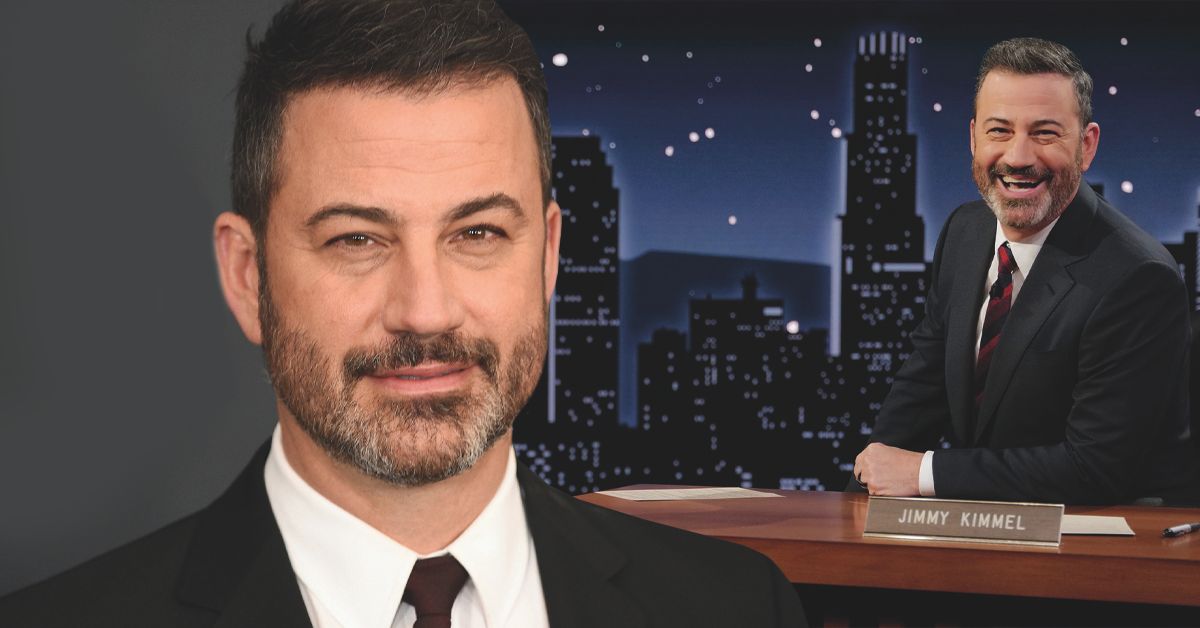
Sometimes in pop culture, a single moment can shift everything. What begins as a throwaway gag or an offhand remark on late-night TV can spiral into a national crisis, costing reputations, shows, and entire careers. For Jimmy Kimmel, host of
Jimmy Kimmel Live for nearly two decades, that moment arrived on what should have been just another ordinary night behind the desk.
He thought he was doing his job: a sharp one-liner aimed at Charlie Kirk, the outspoken conservative activist and founder of Turning Point USA. A smirk, a pause, a punchline. Kimmel had delivered countless similar jokes before. But this one didn’t land.
Instead, it detonated.
Within hours, the clip was everywhere. Within days, ABC was pulling the plug. And within weeks, one of the most established names in late-night TV found himself not just off the air, but facing the kind of cultural reckoning that leaves scars long after the cameras stop rolling.
The Backdrop: A Culture Where Jokes Can Kill Careers
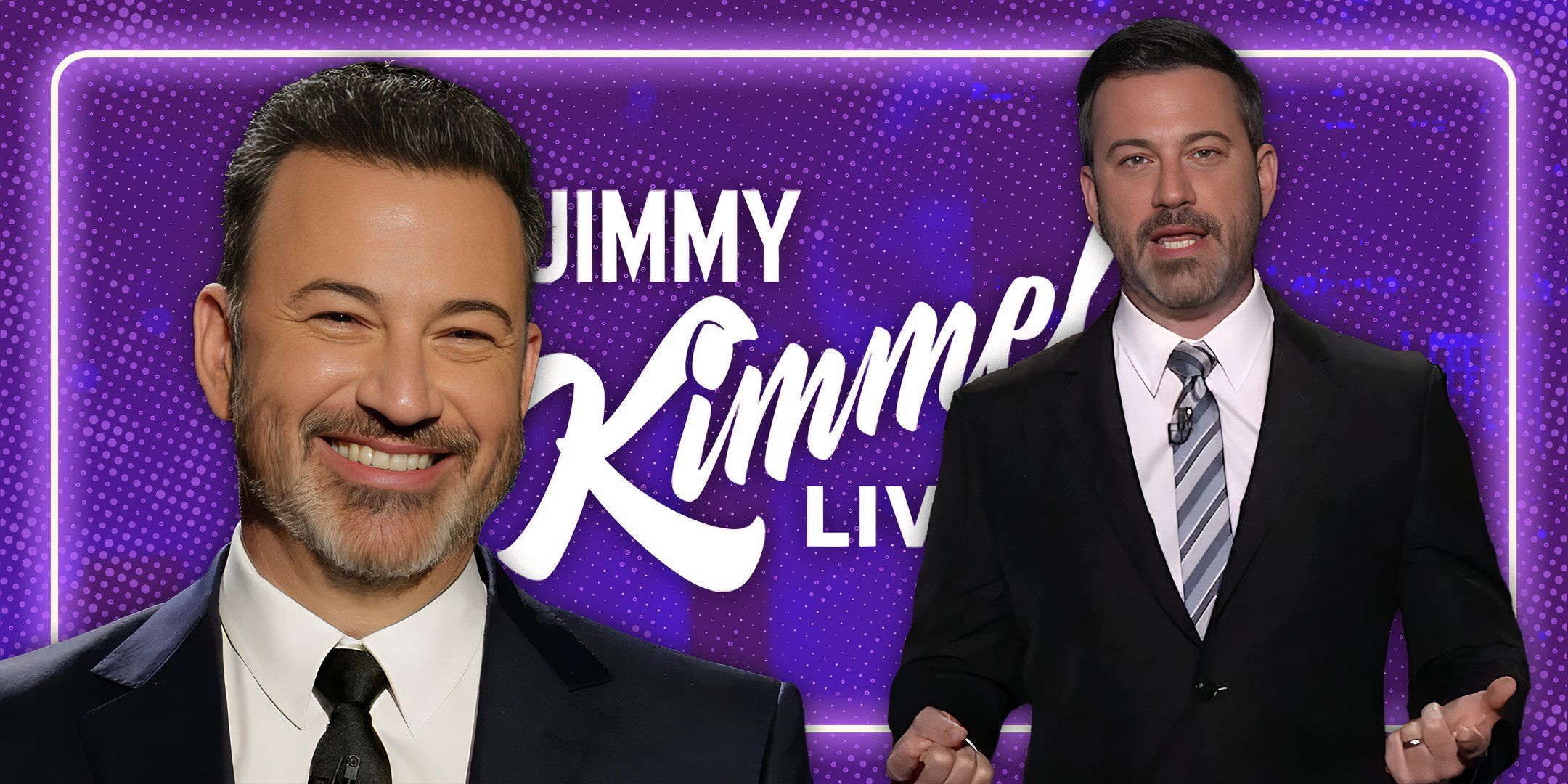
Late-night comedy in America has always thrived on political satire. Carson teased presidents. Letterman mocked senators. Jon Stewart and Stephen Colbert built empires on skewering the news cycle. Kimmel was no different. His monologues often targeted politicians, activists, and business moguls, weaving humor into headline commentary.
But the cultural climate has shifted. In today’s hyper-polarized media ecosystem, where every clip can go viral within seconds, the line between satire and cruelty has thinned to the point of vanishing. What once passed as edgy comedy can now be interpreted as offensive, insensitive, or downright hostile—especially when amplified by millions of voices on social media.
That was the world Kimmel stepped into that night. And it only took one miscalculated punchline to cross the invisible boundary.
The Night of the Joke: From Laughter to Silence
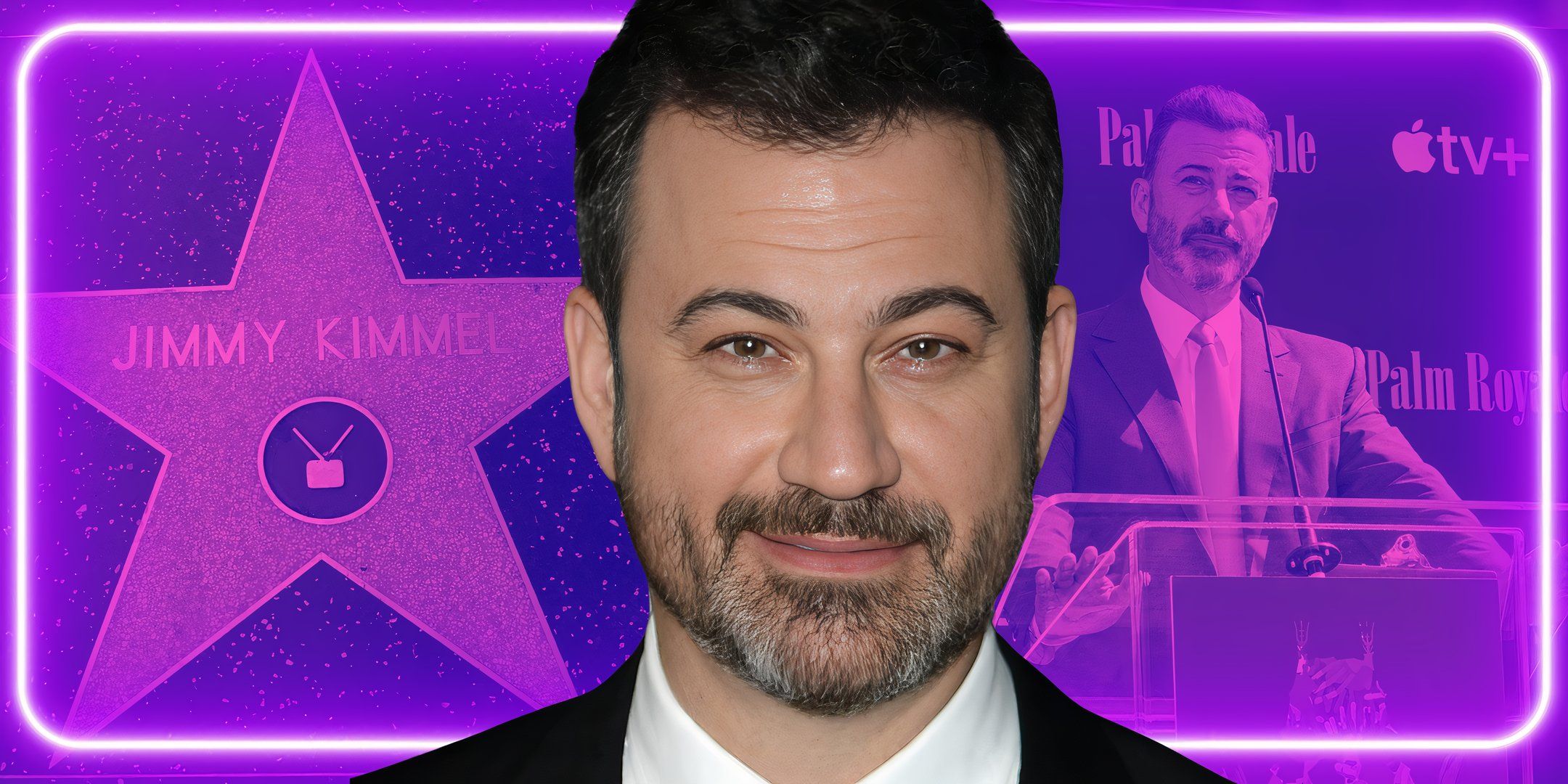
The taping began as usual. Kimmel walked onto the stage, grinning, delivering his trademark monologue. The setup was familiar: a quick jab at Charlie Kirk, the conservative firebrand known for his combative style and loyal following.
But instead of laughter, the punchline was met with silence. Not awkward chuckles. Not polite applause. Just silence—thick, uncomfortable, suffocating. The joke had landed not as satire, but as a wound, cutting across a moment of raw grief unfolding outside the studio walls.
Some in the audience glanced at each other uneasily. Others simply stared. For once, the rhythm of late-night comedy—the grin, the pause, the punchline, the laughter—broke apart.
And Kimmel didn’t see it happening in real time.
The Social Media Wildfire
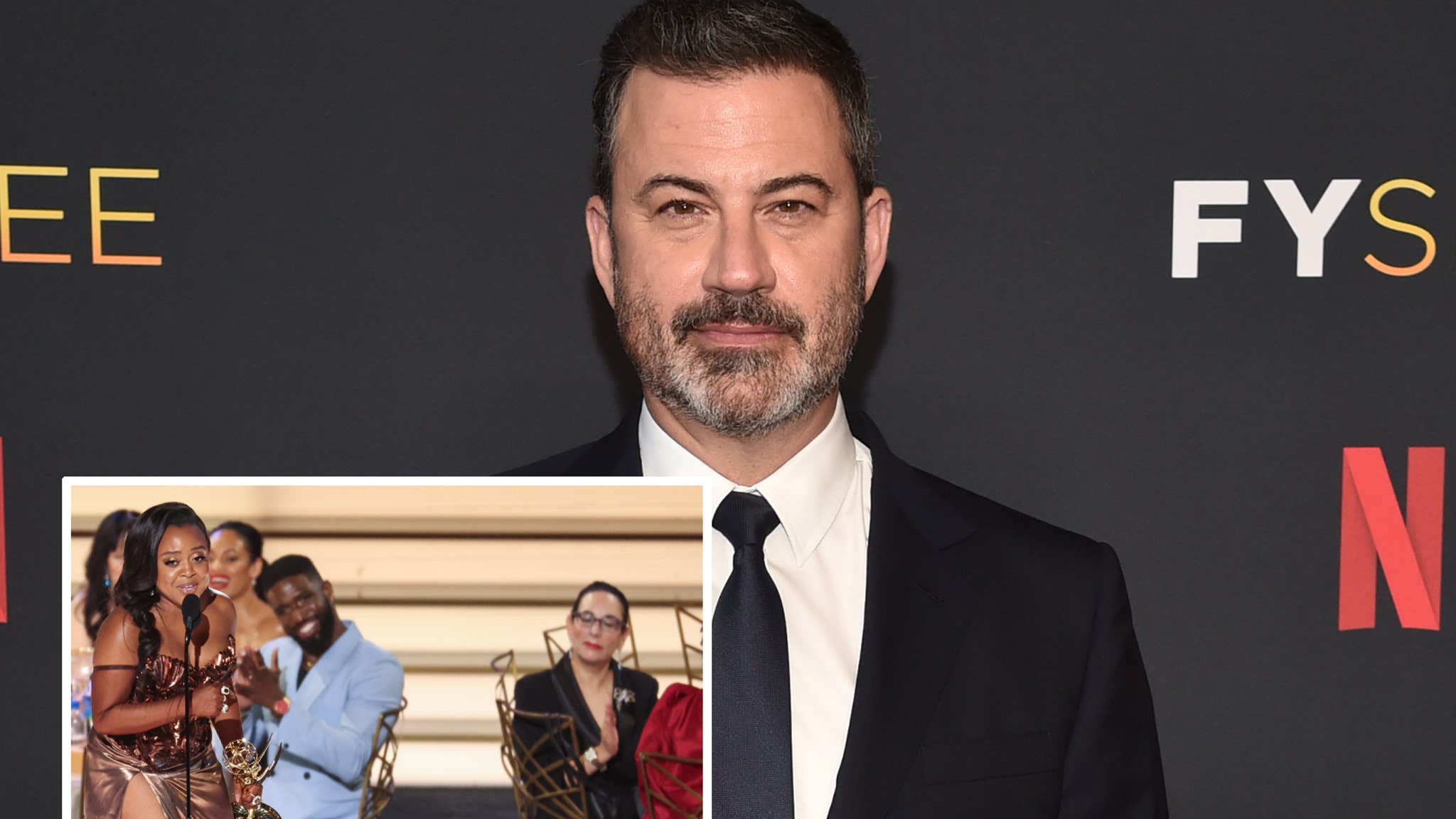
By the time the episode finished airing, clips of the moment were already circulating online. On TikTok, X (formerly Twitter), Instagram, and Facebook, the 20-second segment racked up millions of views.
And the narrative was brutal.
Side-by-side edits showed Kimmel’s smirk next to a grieving father at a memorial. Posts accused him of mocking the dead, of laughing at loss. Outside Turning Point USA’s headquarters, crowds began gathering in protest, holding signs condemning both Kimmel and ABC.
Within hours, hashtags like #CancelKimmel and #BoycottABC were trending worldwide.
What once might have been brushed off as “just another late-night joke” was now a national scandal.
ABC Reacts: Scrub the Tape, Cut the Cord

For the executives at ABC, the crisis escalated too quickly to manage with spin alone. First came the digital purge. The offending clip disappeared from YouTube and Hulu. Takedown notices went out to platforms hosting reuploads.
Then came the bigger decision: Jimmy Kimmel Live would be pulled from the air indefinitely.
It was a rare but decisive move. Networks had suspended shows before under pressure, but this felt different. This wasn’t a weeks-long investigation or a graceful exit—this was a swift erasure, as if the network wanted to pretend the moment had never happened.
But that strategy only fueled suspicion. Instead of calming the storm, ABC’s actions poured gasoline on it. Audiences accused the network of “covering up,” of protecting its star rather than holding him accountable.
Kimmel’s Response: “It Was Just a Joke”
Inevitably, Kimmel himself broke the silence. In a public statement, he said:
“I never intended to offend or hurt anyone. It was just a joke—but clearly, it wasn’t received the way I expected. I am sincerely sorry.”
But the apology fell flat. Critics called it perfunctory, a PR maneuver rather than genuine remorse. For many, the phrase “just a joke” became proof that Kimmel didn’t understand the weight of what he had said—or the pain it had caused.
The outrage didn’t subside. If anything, it deepened. To Kimmel’s detractors, he had now doubled down: first dismissing grief with a gag, then dismissing outrage with a shrug.
Cancel Culture on Trial: Accountability or Mob Justice?
The scandal reignited the perennial debate over “cancel culture.” Was this accountability for a public figure who crossed the line? Or was it mob justice, where one mistake erases decades of work?
Supporters of the backlash argued that Kimmel deserved the consequences. Words matter, especially when they come from someone with a national platform. To them, mocking grief crossed a line satire should never cross.
But others warned of a chilling effect. If even seasoned comedians can be destroyed over one failed joke, what happens to the future of comedy itself? Will artists censor themselves so heavily that satire—the lifeblood of late-night—disappears altogether?
The Kimmel controversy became more than just about one man’s mistake. It became a referendum on free speech, comedy, and the cultural fault lines splitting America.
The Fallout: A Career on the Brink
For Jimmy Kimmel, the consequences were immediate and severe. His show was suspended. Sponsors began reconsidering ad placements. Longtime fans expressed disappointment, while critics declared his career over.
Industry insiders speculated that even if he returned, the Kimmel who once commanded late-night TV would be permanently diminished. He would be monitored more closely, his jokes scrutinized, his brand forever tainted by the scandal.
In entertainment, reputation is everything. And once trust is broken, it is rarely rebuilt.
The Broader Lessons
The Jimmy Kimmel incident is not just a story about one man’s misstep. It’s a mirror reflecting larger truths about our time:
-
Words Are Weapons – Every word spoken on air can be clipped, shared, and weaponized within minutes. Intentions don’t matter—perception does.
-
Social Media Is the Judge and Jury – The court of public opinion no longer waits. Within hours, guilt or innocence is decided, often before networks or individuals can even respond.
-
Comedy’s Tightrope Has Narrowed – What was once edgy now risks being offensive. Comedians must navigate an increasingly unforgiving landscape.
-
Polarization Amplifies Outrage – In a divided society, every slip becomes an opportunity for one side to vilify the other. Jokes don’t exist in a vacuum anymore—they’re ammunition.
One Joke Too Many
The scandal has been summarized in one haunting headline: “One Joke Too Many. One Voice Too Loud.”
For Jimmy Kimmel, it was meant to be business as usual—another jab, another laugh, another night in the endless rhythm of late-night TV. Instead, it became the moment his career cracked open.
The scariest part for Kimmel may not be that his show is off the air, or even that his reputation is tarnished. It’s that, even if he returns, every word he speaks will carry a new tension. Every smile, every pause, every punchline will be shadowed by the question hanging in the air:
“Is this the joke that goes too far?”
And that question may haunt not just Jimmy Kimmel, but every comedian navigating the unforgiving stage of modern culture.
